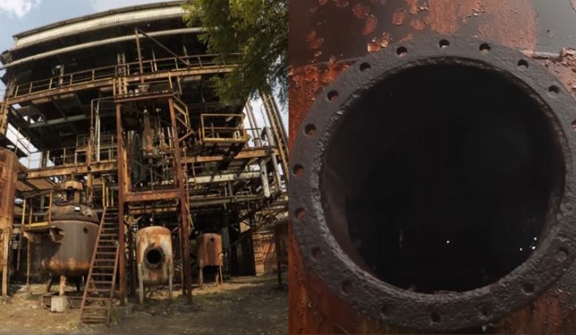
This year marks the grim anniversary of the Bhopal Disaster, a horrific industrial accident that unfolded in 1984.
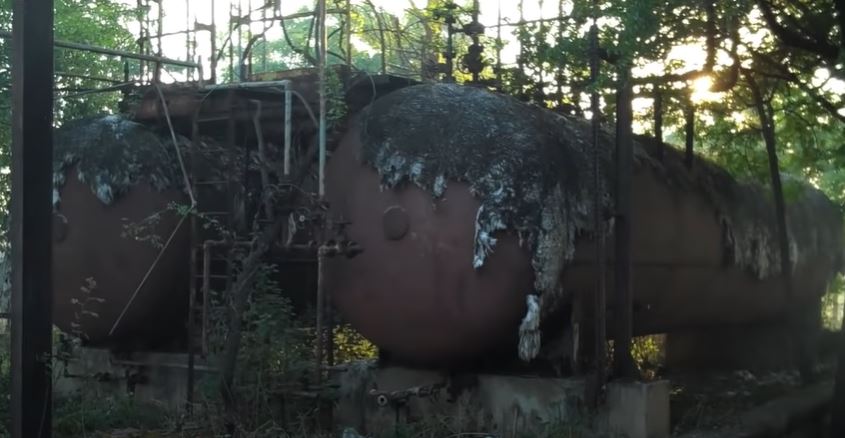
A leak from a Union Carbide pesticide plant in Bhopal, India, released over 40 tons of toxic methyl isocyanate gas into the surrounding atmosphere.
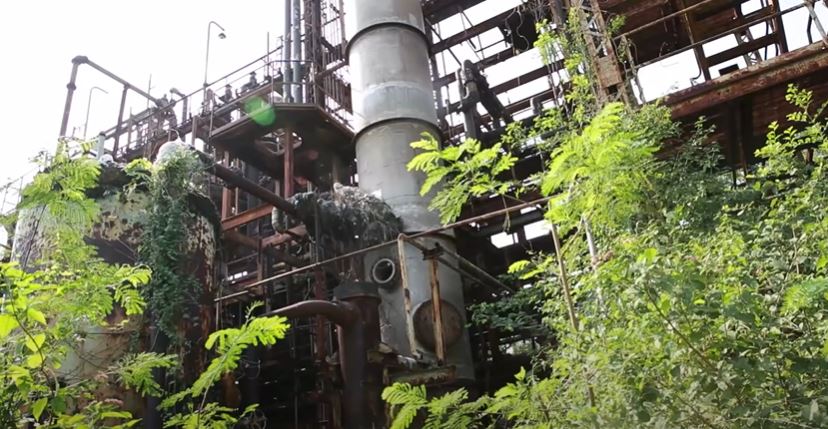
Thousands died within days, with estimates ranging from 3,500 to 3,800 according to Indian government figures.
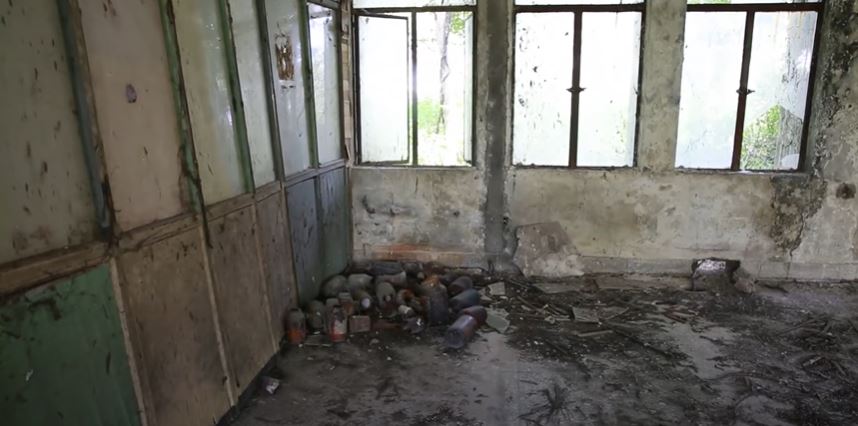
However, the true toll may be even higher, with an estimated 15,000 succumbing to gas-related illnesses in the years that followed.
The consequences of the disaster caused the death of hundreds of thousands and led to lasting health problems for many, including blindness, respiratory issues, and birth defects.
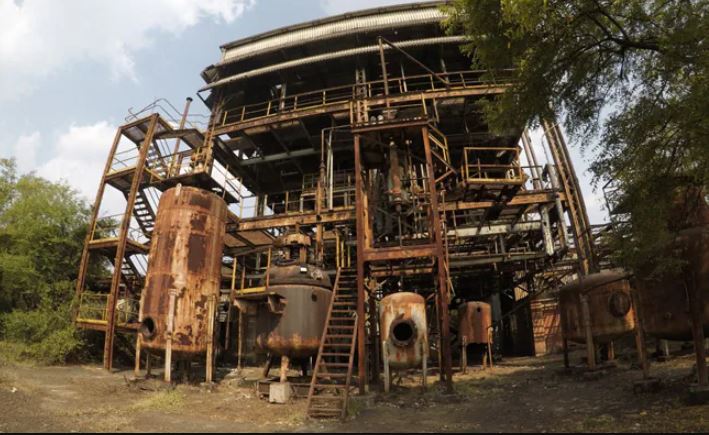
Tragically, studies show increased rates of premature deaths among those exposed.
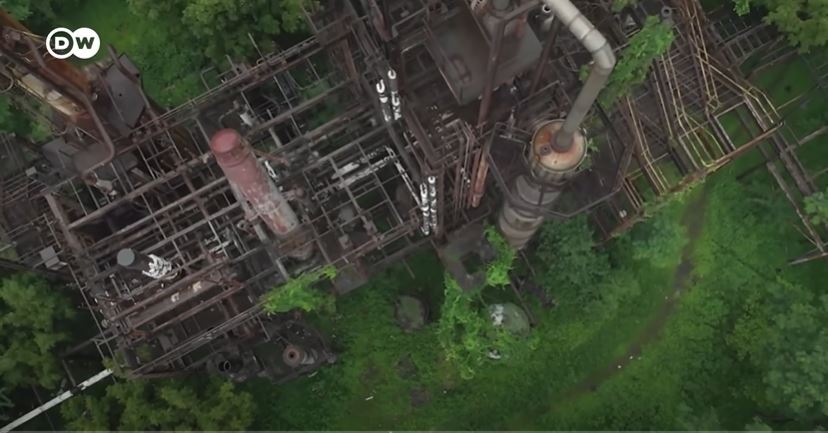
The reason for the Bhopal disaster is determined to be substandard operating and safety procedures.
Failsafe measures, such as refrigeration and gas flares, malfunctioned, allowing the deadly gas to escape. A poor neighborhood in Bhopal bore the brunt of the disaster, with over 3,000 perishing immediately.
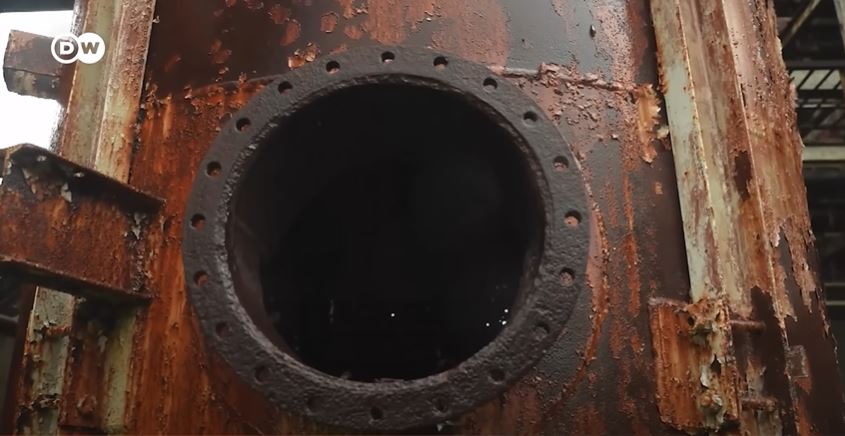
The consequences of the Bhopal disaster are still evident decades later. Children born decades later suffer health consequences, with increased rates of cerebral palsy, muscular dystrophy, learning difficulties, and autism.
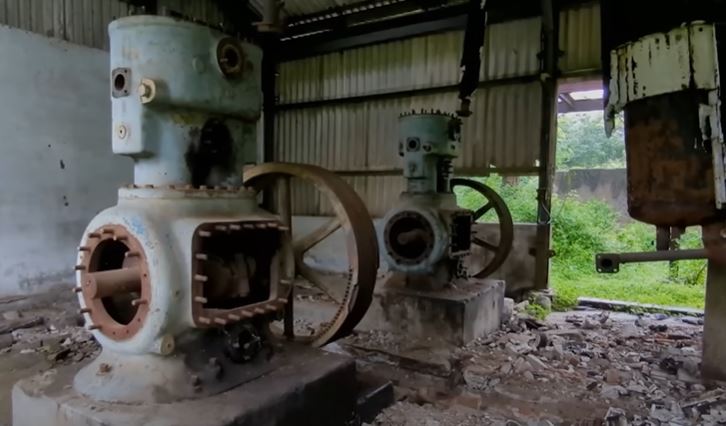
Rashida Bee, founder of the Chingari Children's center, laments the ongoing struggle: "The situation is getting worse... We are seeing more and more children being born with disabilities."
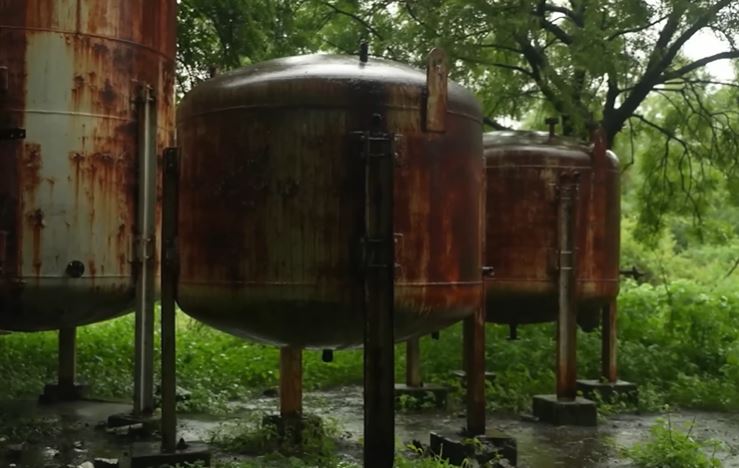
After the incident, the Indian Supreme Court ordered Union Carbide to pay $470 million, though many advocates believe this sum is insufficient.
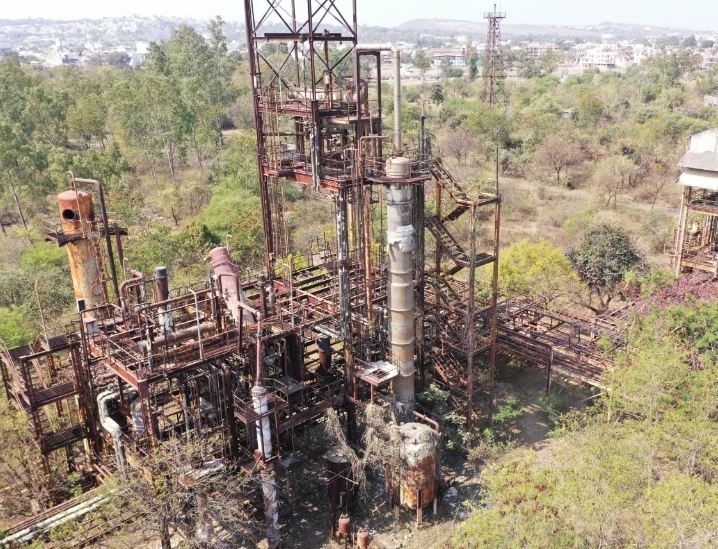
Efforts to extradite Union Carbide CEO Warren Anderson for trial were unsuccessful, and the US government reportedly opposed India's attempt to reopen compensation settlements in 2010.
Watching the video:




